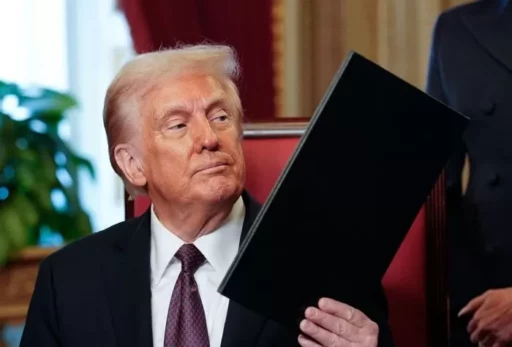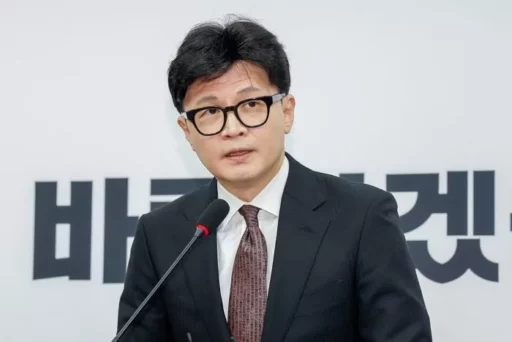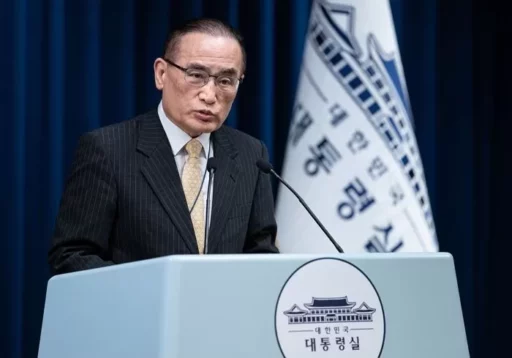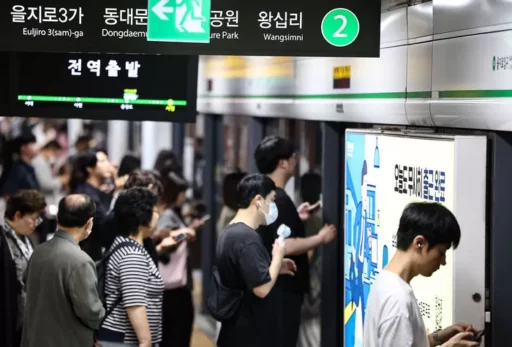'Transfer of Wartime Operational Control' Under Review as a Negotiation Card for Tariff Talks
The government is reportedly considering the 'transfer of wartime operational control (wartime operational rights)' as a negotiation card in response to U.S. President Donald Trump’s tariff threats.
'Wartime operational control' refers to the authority to command and control military operations as a whole. South Korea handed over this authority to the United Nations Command on July 14, 1950, during the early stages of the Korean War.
In peacetime, the South Korean military retains this authority, but it transfers to U.S. forces in the event of war. The intention is to regain this wartime operational control for the South Korean military.
According to a report from Channel A on the 9th, multiple government sources stated, "We are considering including the transfer of wartime operational control as part of a security package deal during tariff negotiations."

If the transfer of wartime operational control is indeed realized, the operational authority would shift from U.S. forces to the South Korean military during wartime.
Given that the U.S. is demanding a significant increase in defense spending as part of the tariff negotiation conditions, this is viewed as a plan to resolve South Korea's long-standing aspiration for self-defense while accommodating some of the U.S.’s demands.
Upon hearing this news, former People Power Party leader Han Dong-hoon posted on social media, titled "The transfer of wartime operational control should not be used as a card in tariff negotiations."
He strongly criticized, stating, "The foundation of the security alliance could collapse. There is a significant possibility of weakening the justification for the stationing of U.S. forces in South Korea."

He concluded by emphasizing, "The issue of transferring wartime operational control should be viewed from a perspective of national interest and pragmatism, rather than an emotional approach such as 'self-defense.'"
On the same day, Wi Seong-rak, head of the National Security Office, who had just returned from a visit to the U.S., explained, "(The transfer of wartime operational control) is a long-term issue we have and has been pursued by successive administrations. The current government is also pushing it as part of its promises."
He added, "I don't know if this matter will come up in security discussions, but it hasn't progressed to that point yet."

Image sources: Donald Trump, U.S. President / gettyimageskorea, Han Dong-hoon, former People Power Party leader / News1, Wi Seong-rak, head of the National Security Office, is providing a briefing on tariff negotiations and defense costs on the 9th at the presidential office in Yongsan, Seoul. / News1


